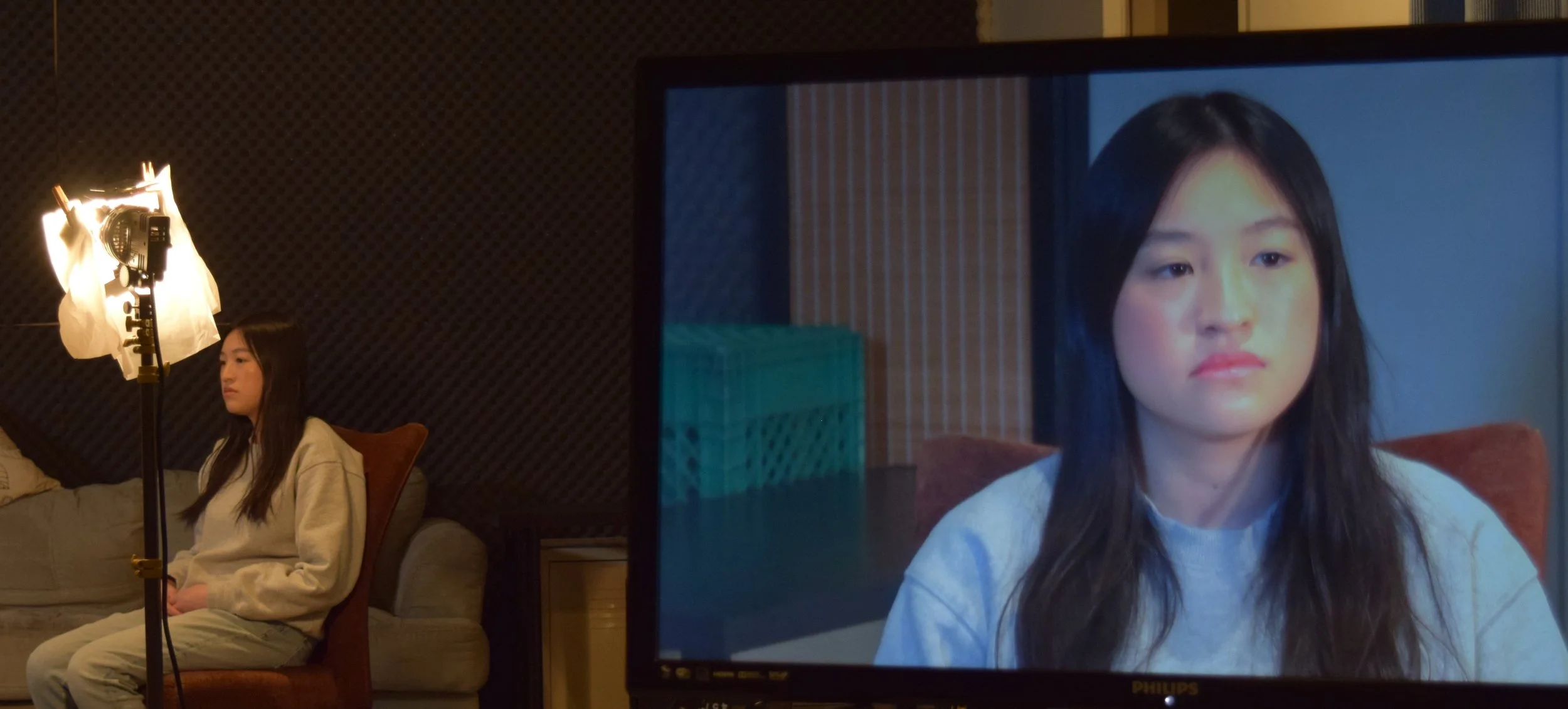Do Nothing.
/After coaching an actor for a time, I often put them on the ‘Do nothing program.’
It’s very successful.
What does it mean?
It doesn’t mean to do nothing. It means do something different. Usually the actor was working too hard. Which actually means not working well.
All big concepts.
Simply put, I’d say, ‘Look, for this next round of classes get the scene, look at it, and don’t do any of the prep work you would normally do and don’t memorize the words. Just get the gist, the sense of it. Then leave it. Give it space.’
That immediately puts the actor at ease. It rests their weary mind.
But, as is life, they immediately wonder ‘What the hell will I do?’ They should let their mind ramble and all the usual questions can come up, but don’t act on them. Basic psychotherapy. The very act of the rest, the change, the do nothing, will have an effect.
Don’t try to catch and hold onto that experience. Just have it.
Then, when you come to class you’ll play the situation – the scene. As a trained and experienced actor you’ll get lots of images and ideas as soon as you read the scene. What the scene is and what your character is doing.
That’s enough to practice in class. It’s enough to shoot on set.
You can see that the do nothing program is actually doing something. You will act the scene.
Best is to pick something simple to do immediately upon arriving with your partner. Any small thing that hits you - from who your partner is to where you are. An impulse. If you can go with that then the do nothing program is really functioning.
Very little prep. Immediate choice.
The program isn’t guaranteed - but it is tried and true. You can see almost immediately how open the actor’s face is and how simple their work is when they try it.
Watchable.
It’s a pause, isn’t it?
Another way to ease your work from banging your head against the wall to leaning on it.









